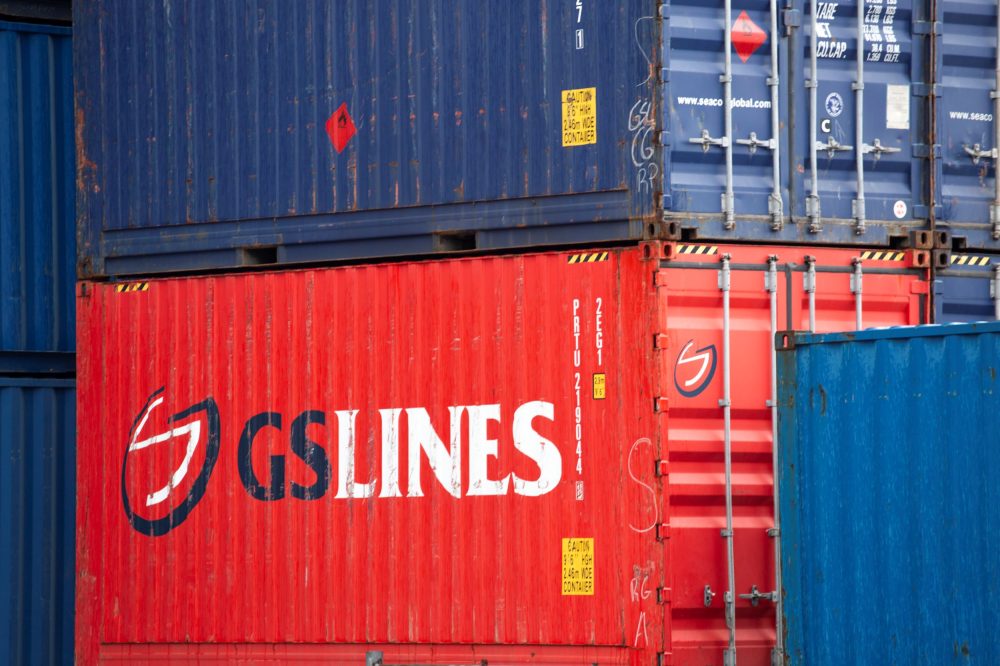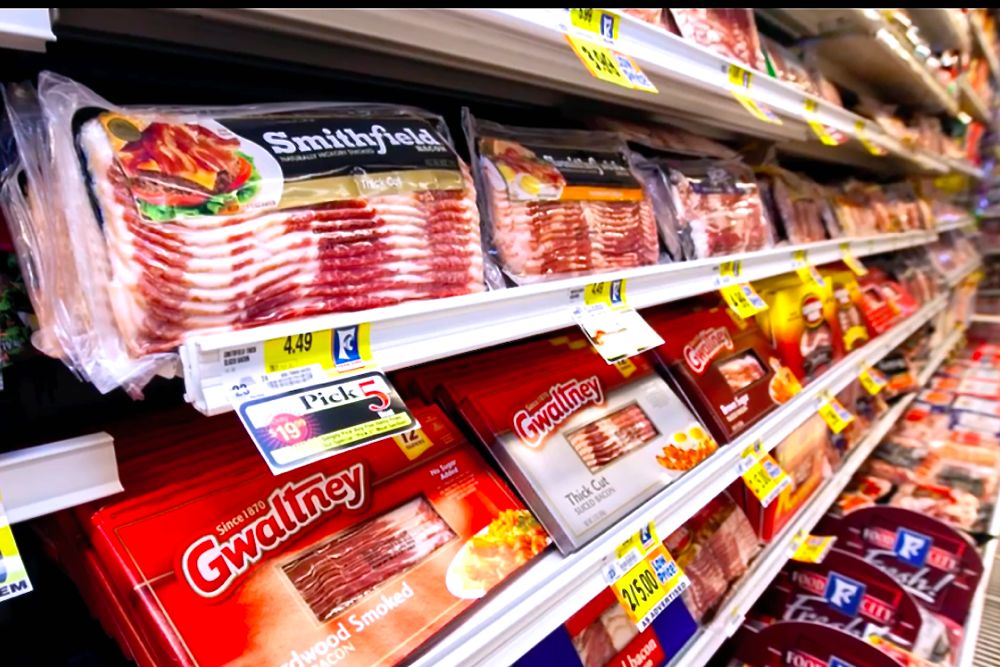Trump’s steel, aluminum tariffs take effect

U.S. President Donald Trump’s increased tariffs on steel and aluminum imports took effect on Wednesday as prior exemptions, duty free quotas and product exclusions expired.
Trump’s action to bulk up protections for American steel and aluminum producers restores effective global tariffs of 25 per cent on all imports of the metals and extends the duties to hundreds of downstream products made from the metals, from nuts and bolts to bulldozer blades and soda cans.
Why it matters: Canadian farmers have found themselves caught in the tariff crossfire, which may affect everything from crop and livestock prices to equipment costs
Read Also

Tariffs make pork business more complicated, Smithfield Foods CEO says
Tariffs make it more complicated for Smithfield Foods, the biggest U.S. pork processor, to sell all parts of a pig, CEO Shane Smith said on Wednesday, and may disrupt imports of Canadian weanlings.
The runup to the tariff deadline came with some drama on Tuesday as Trump threatened Canada with doubling the duty to 50 per cent on its steel and aluminum exports to the U.S.
But Trump backed off those plans after Ontario Premier Doug Ford agreed to suspend his province’s decision to impose a 25 per cent surcharge on electricity exports to the states of Minnesota, Michigan and New York until earlier U.S. tariffs were removed.
Ford said he would fly to Washington on Thursday with Canadian Finance Minister Dominic LeBlanc for talks with Commerce Secretary Howard Lutnick and other Trump officials to discuss revising the U.S.-Mexico-Canada Agreement on trade.
Canada biggest supplier of steel, aluminum
The incident whip-sawed U.S. financial markets already jittery over Trump’s broad tariff offensive, but left unchanged Trump’s original plans to strengthen the Section 232 national security tariffs on steel and aluminum imposed in 2018 during his first term.
A White House spokesperson described the U.S. pressure on Canada as a “win” for the American people.
The countries most affected by the tariffs are Canada, the biggest foreign supplier of steel and aluminum to the U.S., Brazil, Mexico and South Korea, which all have enjoyed some level of exemptions or quotas.
The escalation of the U.S.-Canada trade war occurred as Prime Minister Justin Trudeau prepared to hand over power this week to his successor Mark Carney, who won the leadership race of the ruling Liberals last weekend.
On Monday, Carney said he could not speak with Trump until he was sworn in as prime minister. Trump again on social media said he wanted Canada “to become our cherished Fifty First State.”
Canada could restrict oil
Canadian energy minister Jonathan Wilkinson told Reuters that Canada could impose non-tariff measures such as restricting oil exports to the U.S. or levying export duties on minerals, if U.S. tariffs persist.
Canada ships about 4 million barrels of crude to the U.S. per day via pipeline, mainly to Midwest refineries. Canadian tariffs on American ethanol are also an option, he added.
Most U.S.-Canada trade remains duty free under the CUSMA trade deal that Trump signed in 2020, but he continues to complain about Canada’s high tariff rates for dairy products.
European Union reacts
The European Union will impose counter tariffs on 26 billion euros (C$40.8 billion) worth of U.S. goods from next month, the European Commission said on Wednesday, ramping up a global trade war in response to blanket U.S. tariffs on steel and aluminum.
The EU executive said, however, that it remained open to negotiations and considered higher tariffs in no one’s interest.
The European Commission said it will end its current suspension of tariffs on U.S. products on April 1 and that its tariffs will be fully in place by April 13.
“The counter measures we take today are strong but proportionate. As the United States are applying tariffs worth $28 billion we are responding with counter measures worth 26 billion euros,” European Commission chief Ursula von der Leyen told reporters.
“The EU must act to protect its consumers and business.”
The suspended tariffs apply to products ranging from boats to bourbon to motorbikes, and the EU said it would now start a two-week consultation to pick other product categories.
The new measures will target around 18 billion euros in goods, with the overall objective to ensure that the total value of the EU measures corresponds to the increased value of trade impacted by the new U.S. tariffs, the EU said.
The proposed target products include industrial and agricultural products, such as steel and aluminum, textiles, home appliances, plastics, poultry, beef, eggs, dairy, sugar and vegetables.
— Reporting by David Lawder, Andrea Shalal, David Ljunggren, Jarrett Renshaw, Arathy Somasekhar, Shubham Kalia, Phil Blenkinsop, Bart Meijer and Ingrid Melander.
Source: Farmtario.com

